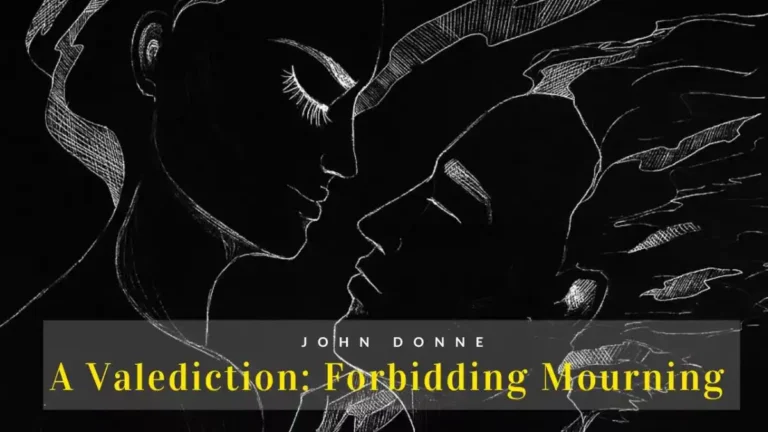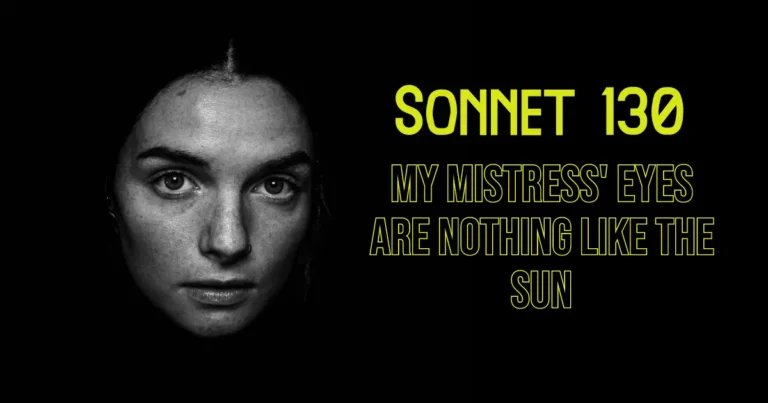Elizabethan era
Why was the Elizabethan era called the golden age? The Elizabethan era, which corresponds to the reign of Queen Elizabeth I of England from 1558 to 1603, is often called the “golden age” because it was a time of great cultural, artistic, and literary achievements in England. Here are some of the reasons why this…


![The Power of Written Word: Sonnet 18 [Shall I compare thee to a summer’s day?] 3 Foreground sunflower with a background of a sunflower field, symbolizing the summer in William Shakespeare's "Sonnet 18".](https://literaryyog.com/wp-content/uploads/2023/03/sonnet-18-shall-i-compare-thee-to-a-summers-day-william-shakespeare-768x403.webp)